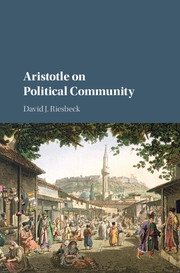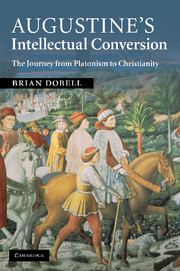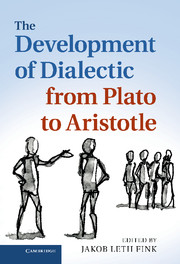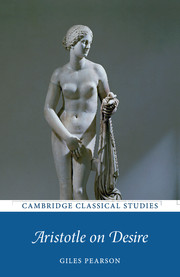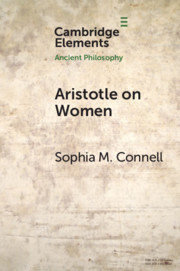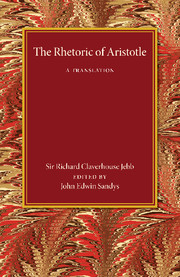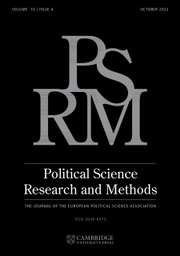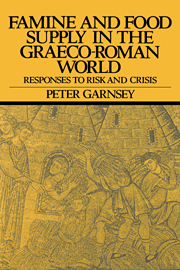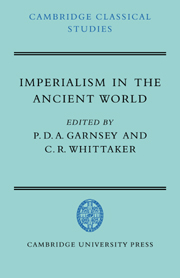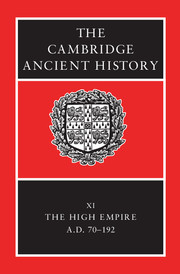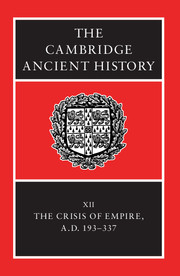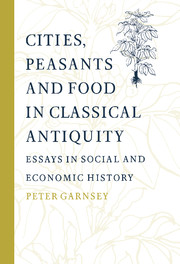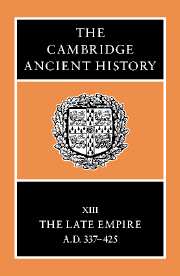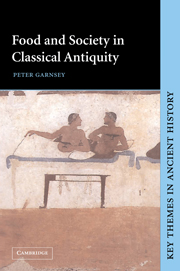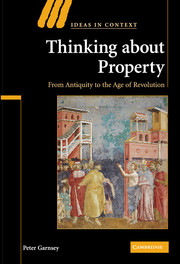Ideas of Slavery from Aristotle to Augustine
AUD$68.14 exc GST
Part of The W. B. Stanford Memorial Lectures
- Author: Peter Garnsey, University of Cambridge
- Date Published: February 1997
- availability: Available
- format: Paperback
- isbn: 9780521574334
AUD$
68.14
exc GST
Paperback
Looking for an inspection copy?
Please email [email protected] to enquire about an inspection copy of this book
-
This study, unique of its kind, asks how slavery was viewed by the leading spokesmen of Greece and Rome. There was no movement for abolition in these societies, nor a vigorous debate, such as occurred in antebellum America, but this does not imply that slavery was accepted without question. Dr Garnsey draws on a wide range of sources, pagan, Jewish and Christian, over ten centuries, to challenge the common assumption of passive acquiescence in slavery, and the associated view that, Aristotle apart, there was no systematic thought on slavery. The work contains both a typology of attitudes to slavery ranging from critiques to justifications, and paired case-studies of leading theorists of slavery, Aristotle and the Stoics, Philo and Paul, Ambrose and Augustine. A final chapter considers the use of slavery as a metaphor in the Church Fathers.
Read more- Slave-theory and not slave practice: this unique study provides a comprehensive survey and analytic account of attitudes to slavery
- Wide-ranging source material in accessible form: this study is notable for the range and spread of the source material on which it draws
- Originality of argument: fresh interpretations are offered of well-known attitudes, and new light thrown on the less familiar
Reviews & endorsements
'This is a very professional book on a topic of perennial concern … Bright sixth-formers would benefit from exposure to this book, which shows how much can be gained by tackling ancient history and philosophy together.' JACT Review
See more reviews'Garnsey gives a fascinating discussion of the history of ideas about slavery, varying from the positive to the doubtful but rarely to the outrightly abolitionist. He also provides the key texts (in translation only), making the book remarkably useful since it gives easy access to some of the patristic passages not otherwise readily available in English.' Journal of Theological Studies
'This book is a fascinating and fundamental statement on its subject … The evident passion of the work and material referenced in the bibliography and the notes ensure that it is a must not just for students and teachers of ancient social, philosophical and church history, but also for anyone interested in the underpinnings of modern slavery too.' Slavery & Abolition
Customer reviews
17th Oct 2024 by UName-352062
very helpful in studying my research and really help me doing my research
Review was not posted due to profanity
×Product details
- Date Published: February 1997
- format: Paperback
- isbn: 9780521574334
- length: 288 pages
- dimensions: 216 x 136 x 24 mm
- weight: 0.34kg
- availability: Available
Table of Contents
Introduction:
1. Slavery and slave theory in antiquity
Part I. Attitudes to Slavery:
2. Slavery accepted
3. Justifications of slavery
4. Slave-systems criticized
5. Fair words
6. Slavery criticized
7. Slavery eased
Part II. Theories of Slavery:
1. Classical, Hellenistic and Roman Philosophers:
8. Aristotle
9. The Stoics
2. Early theologicians:
10. Philo
11. Paul
3. Church Fathers:
12. Ambrose
13. Augustine
14. Slavery as metaphor
Conclusion.
Sorry, this resource is locked
Please register or sign in to request access. If you are having problems accessing these resources please email [email protected]
Register Sign in» Proceed
You are now leaving the Cambridge University Press website. Your eBook purchase and download will be completed by our partner www.ebooks.com. Please see the permission section of the www.ebooks.com catalogue page for details of the print & copy limits on our eBooks.
Continue ×Are you sure you want to delete your account?
This cannot be undone.
Thank you for your feedback which will help us improve our service.
If you requested a response, we will make sure to get back to you shortly.
×

